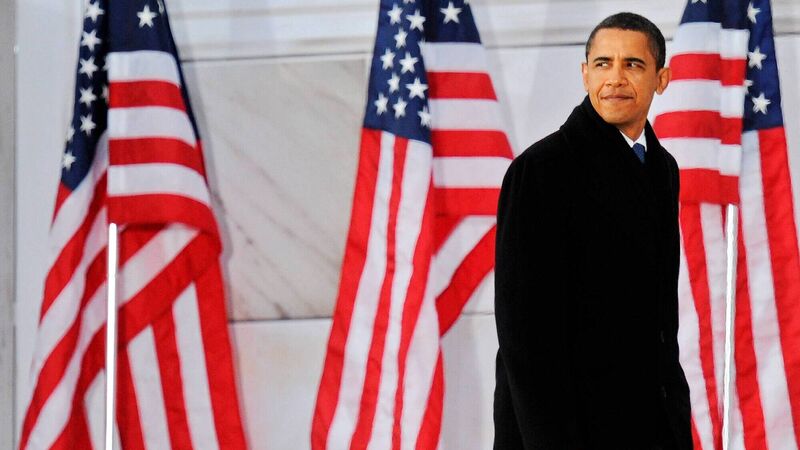Irish Examiner view: Campaign mud starts to fly in the US

Barack Obama climbs upstairs to deliver his speech during the 'We Are One' concert, one of the events of Obama's inauguration celebrations, at the Lincoln Memorial in Washington on January 18, 2009. Picture: Jewel Samad/AFP/Getty Images
















